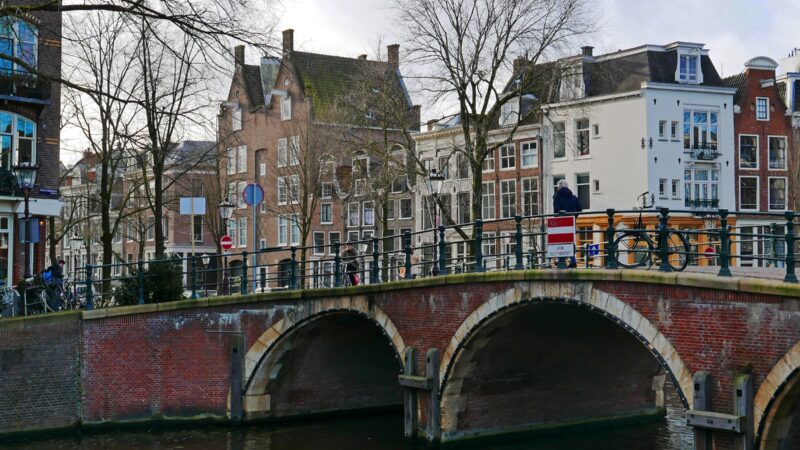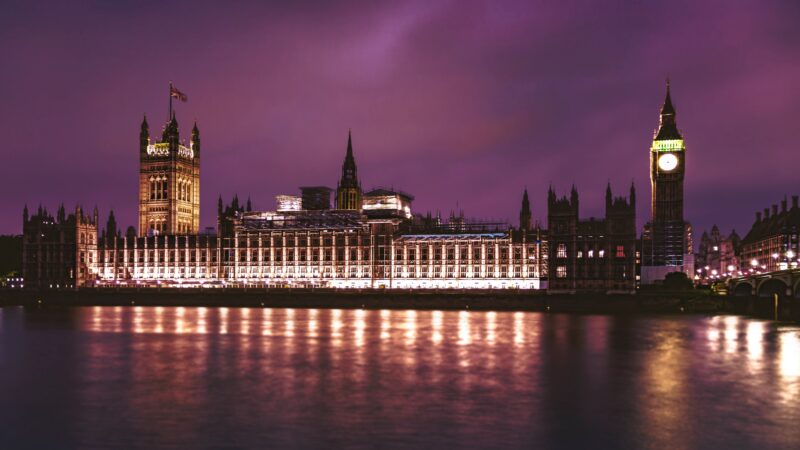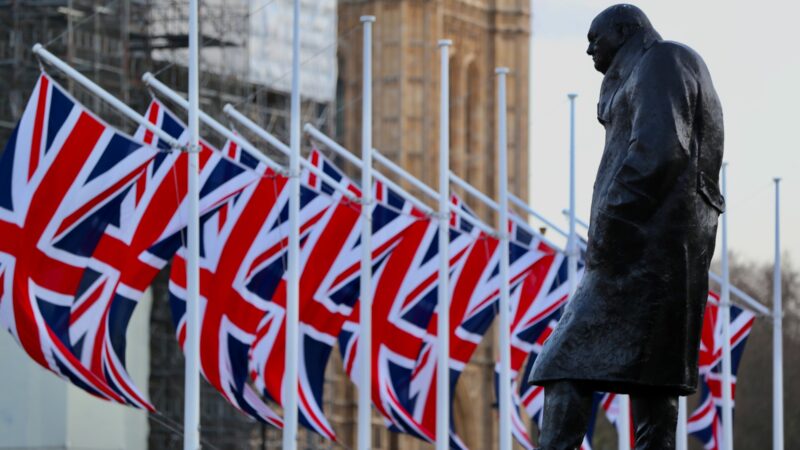The Platinum Jubilee approaches, yet Peter Hitchens writes that, “I have just stopped supporting the monarchy. I can’t do it any more. I am not a republican, or anything silly like that. I would like a proper monarchy. But the House of Windsor’s total mass conversion to Green orthodoxy has destroyed the case for this particular Royal Family. The whole point of the Crown is that it does not take sides in politics.” Quite apart from what other political opinions he could possibly have expected West London toffs to hold, the political neutrality of the monarchy is like the impartiality of the BBC. When, exactly, has there ever been any such thing?
The monarchy retains the loyalty of many on the right, but it is a mystery how this is so. Either the Queen or her equally revered father has signed off on every nationalisation, every aspect of the Welfare State, every retreat from Empire, every loosening of Commonwealth ties, every social liberalisation, every constitutional change, and every EU treaty. If they could not have done otherwise, then why bother having a monarchy? What is it for? Many supported public ownership and the Welfare State, decolonisation, social liberalisation and constitutional change a cause for joy, but many more found these things cause for horror. Public opinion on the changes over which the monarchy has presided over the last century is besides the point, however. The point is that the monarchy has failed at its own avowed mission.
Is it not the job of a monarch, if not to acquire territory and subjects, then at least to hold onto them? If so, then George VI was by far the worst ever British monarch, and quite possibly the worst monarch that the world has ever seen. Furthermore, is it not the job of the British monarch to maintain Protestant society and culture in the United Kingdom? If so, then no predecessor has ever begun to approach the abject failure of Elizabeth II, a failure so complete that no successor will ever be able to equal it.
For all her undoubted personal piety, the cult of the present Queen among Evangelical Protestants and among those who cleave to a more-or-less 1950s vision of Anglicanism, Presbyterianism or Methodism, is utterly baffling. What has either the monarchy or the Queen ever done for them? During the present reign, Britain has become one of the world’s most secular countries ever, and the White British have become one of history’s most secular ethnic groups – a trend that has been even more marked among those with Protestant backgrounds than it has been among Catholics.
This has implications for the Windrush debate, and with eight Commonwealth Realms in or on the Caribbean, a fat lot of good being the Queen’s loyal subject has done anyone there. Barbados, proportionately the most Anglican country in the world, has just become a republic. It also has implications for aspects of the debate around Brexit. If you wanted to preserve and restore a Christian culture in this country, then one idea could be to welcome immigrants from Christian countries.
On balance, it would not be wise to abolish the monarchy. We would no more likely get President Hitchens than President Corbyn. It would be a choice between the next Bullingdon Club member in line and someone who had casually given a trifling £50,000 to the most recently successful candidate for the Leadership of the Labour Party. No one else would even make it onto the ballot paper, and it would not be acceptable to have either as Head of State. Nor would it make sense to abolish the Royal Prerogative, either. Rather, it should be exercised by a Prime Minister who aspires to strengthen families and communities through economic equality and international peace.
But the monarchy, and with it the exercise of the Royal Prerogative by persons who most certainly did not share those aspirations, does not depend on the support of the public. It depends on the support of people who, as long as the monarchy and especially the present Queen were simply there, are prepared to overlook the fact that hardly anything that they really want ever happens while all sorts of things that they do not want continue to happen, no matter who is in government.
Add to that the fact that the Order of the Garter is entirely in the gift of the monarch. There is no Ministerial involvement. The Queen alone has chosen to confer it on Tony Blair – an almost unforgivable betrayal. Moreover, whatever Prince Andrew may or may not have done, he undeniably chose to move in the circles of Jeffrey Epstein, of Robert Maxwell’s daughter, of Peter Mandelson, and of the Clintons. It is the Anglo-American liberal elite, certain sections of the Labour and Democratic Parties that are the Royal Family’s sort of people, even if they don’t align with left wing politics publicly. Culturally, no one is more Tory than a liberal Tory; politically no one is more liberal. The people on whose support the monarchy has traditionally depended have chosen to ignore the fact that that was what their heroes must have been, and openly were. But if Hitchens’s column and the reaction to Blair’s Garter are anything to go by, then that is coming to a sore end.



